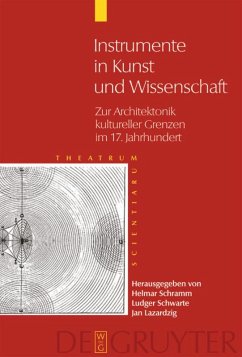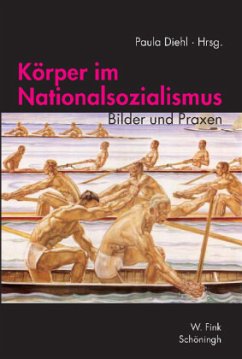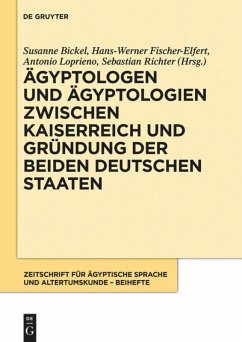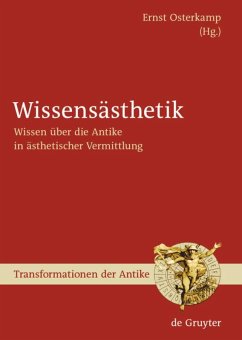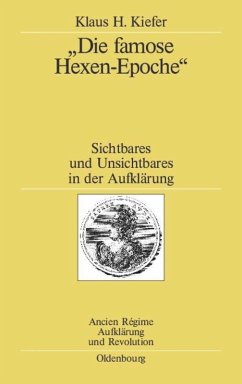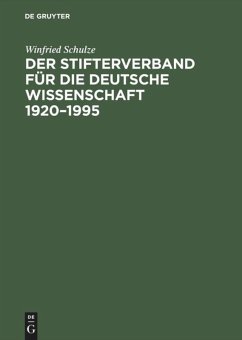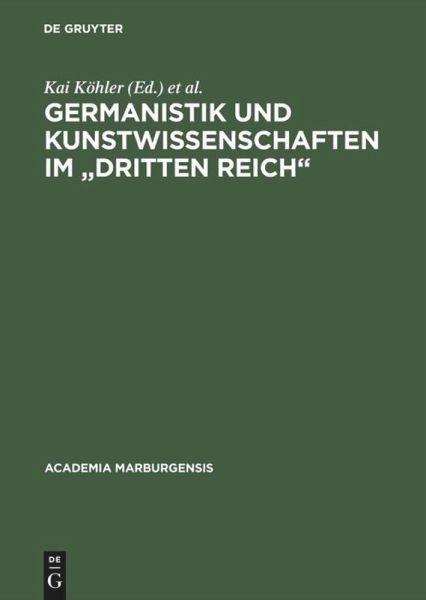
Germanistik und Kunstwissenschaften im "Dritten Reich"
Marburger Entwicklungen 1920-1950
Herausgegeben: Dedner, Burghard; Köhler, Kai; Strickhausen, Waltraud
Versandkostenfrei!
Versandfertig in 6-10 Tagen
139,95 €
inkl. MwSt.

PAYBACK Punkte
0 °P sammeln!
This work looks at the Philipps-Universität, Marburg, an institution influenced by national conservatism in the first half of the 20th century, in a study of the functionality and continuity of an academic elite spanning different political systems. The essays address questions concerning the institution's history, biographies and history of methods in disciplines heavily influenced by ideology, such as German studies, art history, musicology and European ethnology. Particular attention has been paid to the connection between academic work, membership in parties and organizations, political activities and careers of those at the university.
Dieser Sammelband untersucht anhand der- in der ersten Hälfte des 20. Jahrhunderts nationalkonservativ geprägten - Marburger Philipps-Universität die Funktionalität und Kontinuität einer akademischen Elite über unterschiedliche politische Systeme hinweg. Die Aufsätze widmen sich am Beispiel von teilweise hochideologisierten Fächern wie Germanistik, Kunstgeschichte, Musikwissenschaft und Volkskunde institutionengeschichtlichen, biographischen und methodengeschichtlichen Fragestellungen. Besonderes Augenmerk gilt der Frage, in welchem Zusammenhang wissenschaftliche Arbeit, Mitgliedschaften in Parteien und Organisationen, politische Aktivitäten und Karriereverläufe der Universitätsangehörigen stehen.





